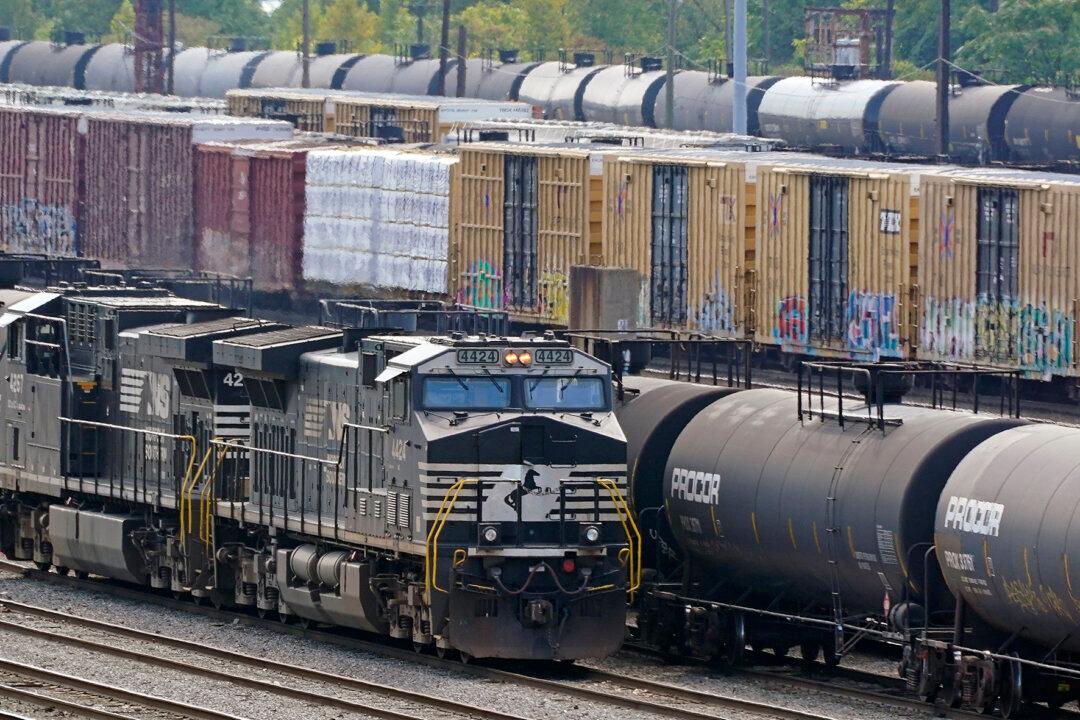The risk of a crippling national rail strike has resurged after some members of America’s biggest rail union rejected a deal that was brokered by the White House, bringing to four the total number of unions to reject the tentative agreement.
Train and engine service members of the International Association of Sheet Metal, Air, Rail, and Transportation Workers union (SMART-TD) voted on Sunday to reject a tentative five-year deal reached in mid-September that had raised hopes that a rail strike would be averted.





